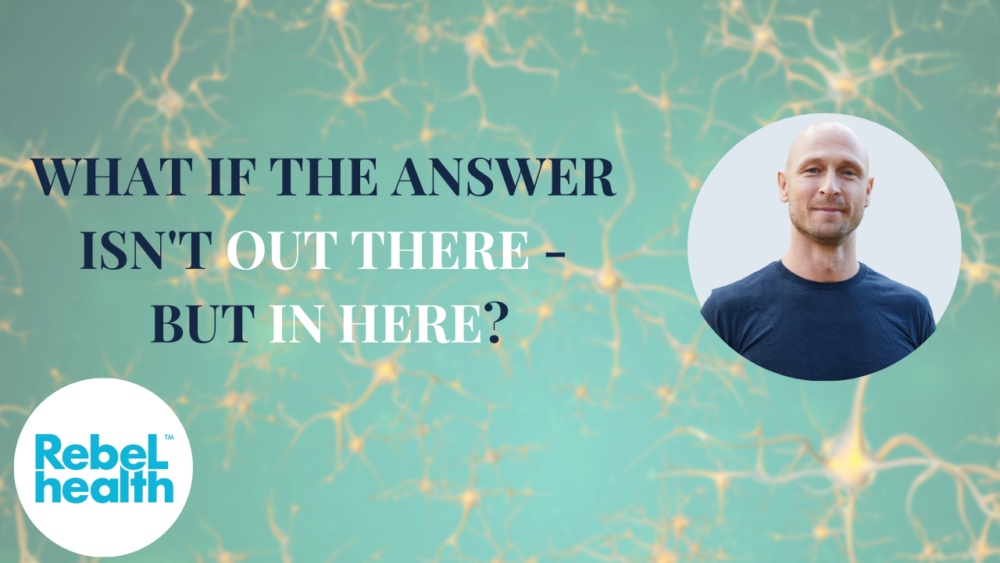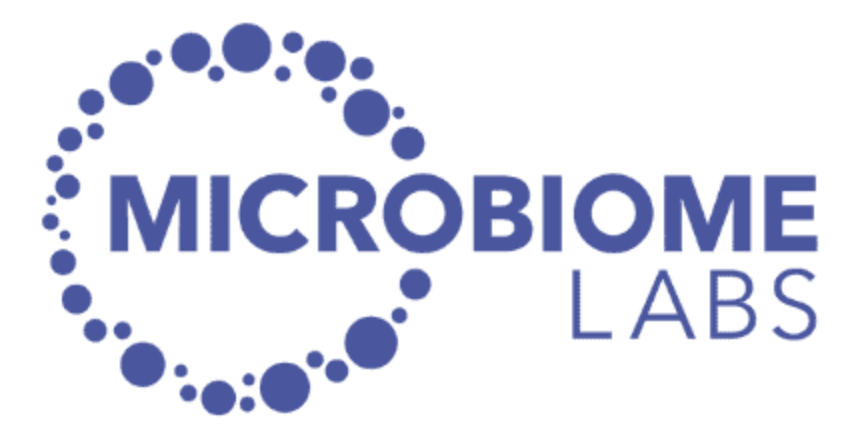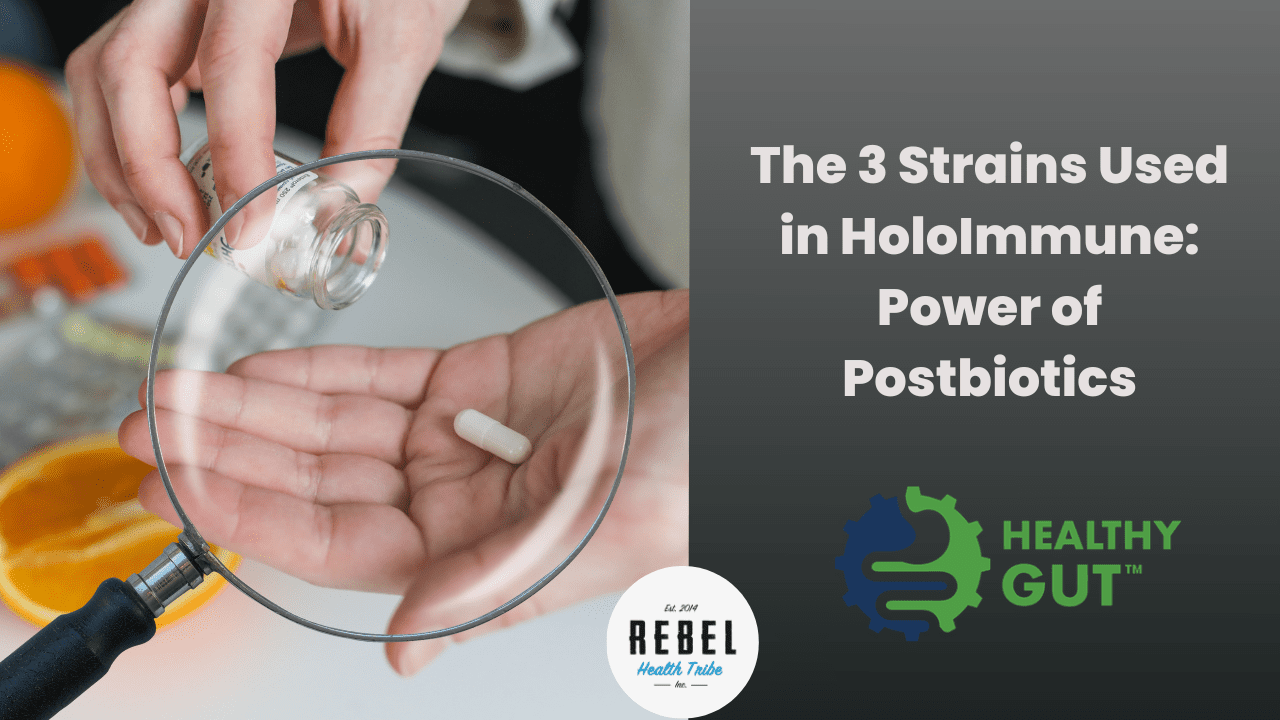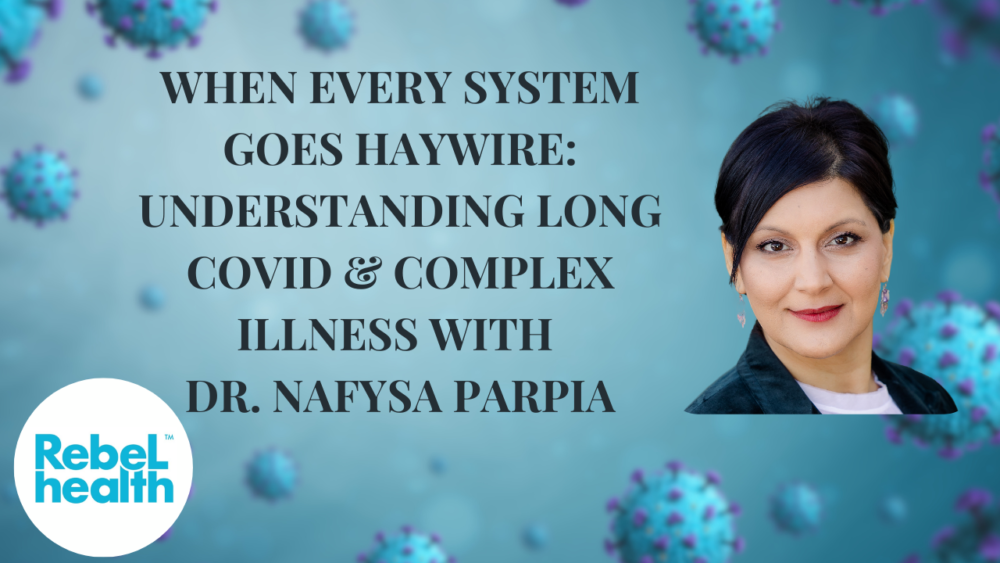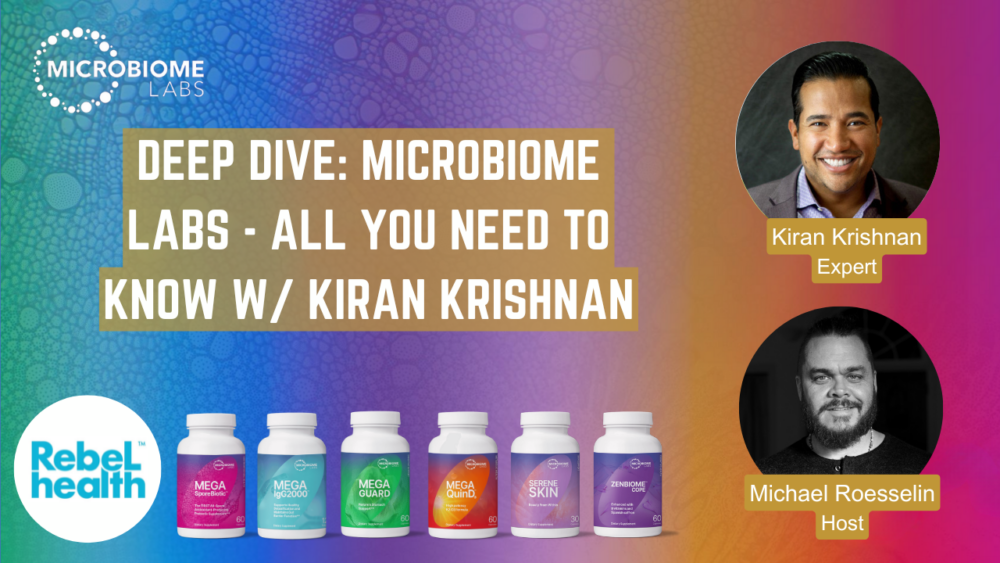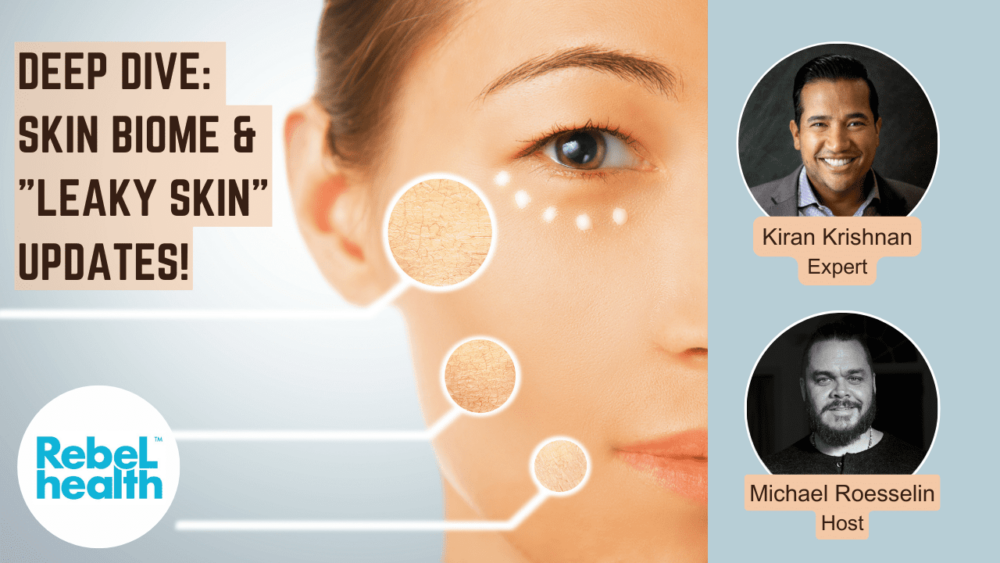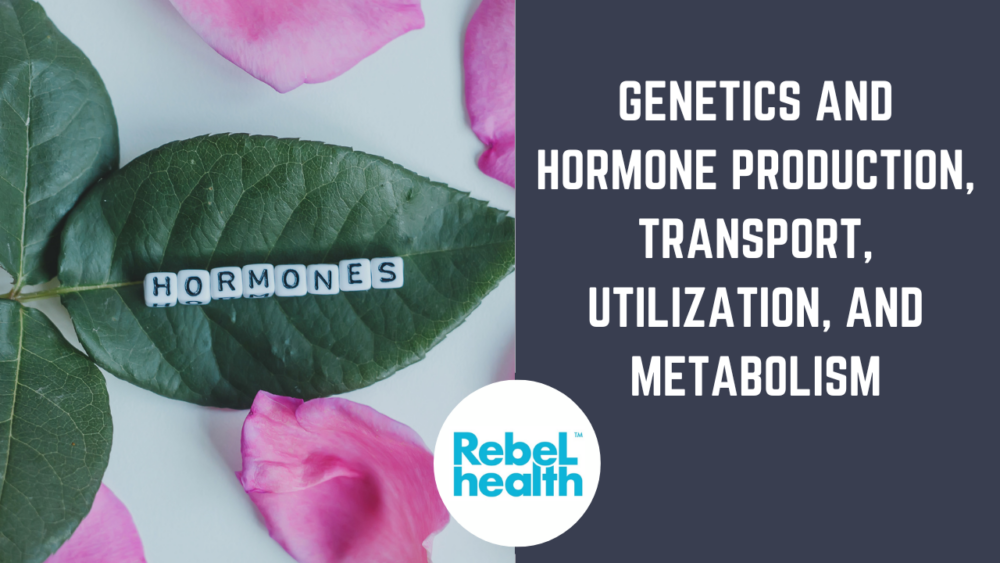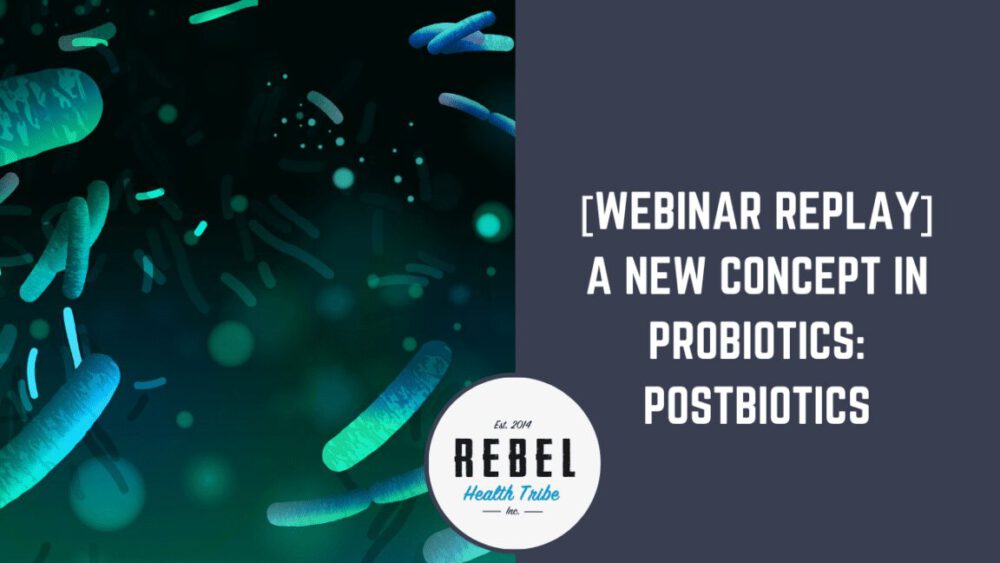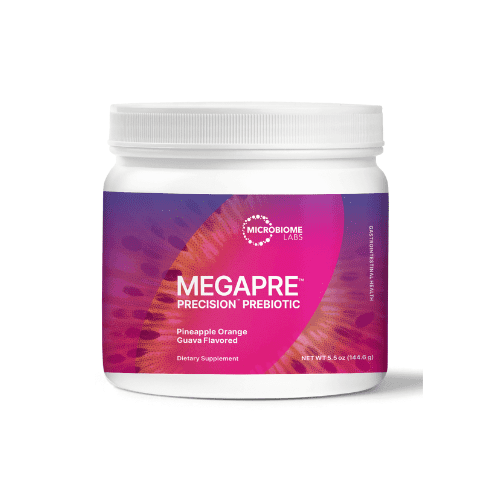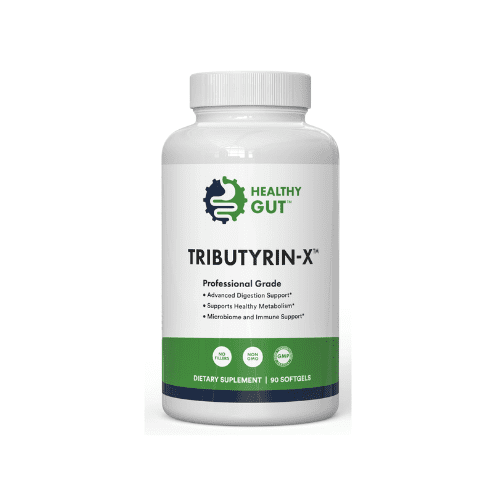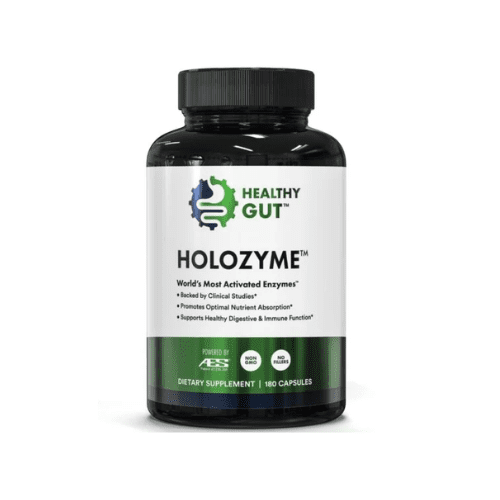Kiran Krishnan:
We have an immune system whose sole job it is to protect us, protect us the host. But our immune system cannot activate and function until the microbiome provides it a signal because it’s the microbiome that is forward facing and looking at the world around us. It’s not the immune system, the immune system’s tucked in behind and waiting for signals from the microbiome. It’s really mind boggling. And we know anytime you disrupt the microbiome through use of antibiotics and so on, you completely disrupt the function of the immune system. These are just some articles that show that how antibiotics are found to weaken the body’s ability to fight off disease. Antibiotics used during flu season, weaken the defenses against the flu in lungs. In fact, it can make the infection much worse. Antibiotics bug the immune response. There’s lots of examples of how the use of antibiotics that disrupt the microbiome can lead to a disruption in the immune system. And this couldn’t be more evident in immunotherapy for cancer.
There’s a number of cancers like melanoma and so on that could be well treated through immunotherapy. In immunotherapy are these compounds called checkpoint inhibitors that increase your T cell’s ability to detect, find and deal with the cancers. And when you take a 100 individuals who have, let’s say non-small cell lung cancer or melanoma, what you find is that when you treat a 100 of them with immunotherapy, somewhere around 30% of them get amazing responses where their immune system’s able to get activated, find the cancer, suppress the cancer and then also build longterm immunity against that type of cancer cell so they go into really good remission. Their reversion rates are really low. But about 60, 70% of individuals get almost no response from the immunotherapy at all. And then that was a big question in the world of cancer research is why is it that certain patients, 60, 70% of patients get no response to immunotherapy? Whereas 30% of the patients get amazing responses and their cancer is gone and hardly ever comes back with very little side effects?
And the big difference has been, what does that individual’s microbiome look like? And the first clues that started to come about that the microbiome impacted the response of immunotherapy was when individuals who were about to undergo immunotherapy were given a course of antibiotics, when they were given a course of antibiotics, the immunotherapy did not work. And if they had a healthy microbiome by high diversity, high keystone species, the immunotherapy tended to work better. That is a great example of showing how if you disrupt the microbiome immune response is going to get disrupted. If you don’t disrupt the microbiome, you have a healthy microbiome, immune response is going to be much more effective.

